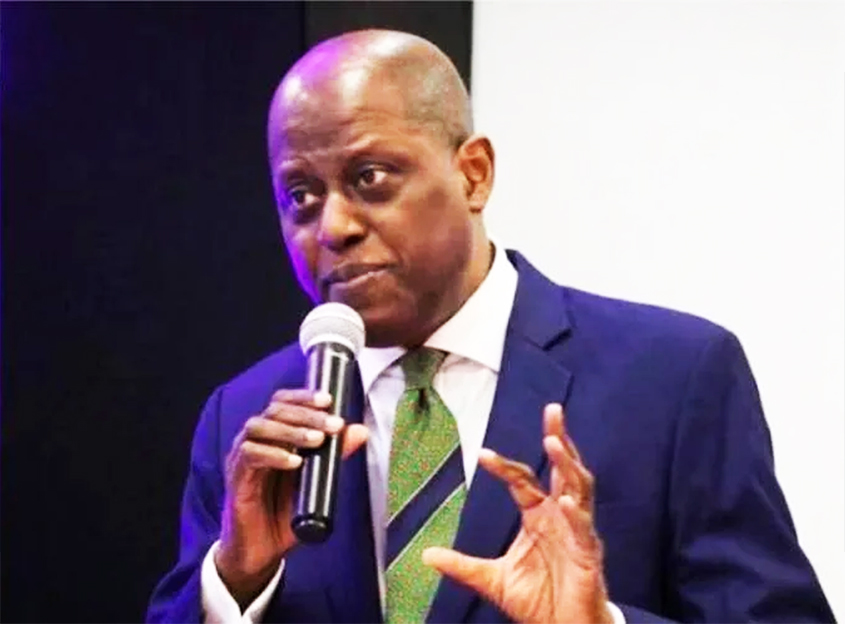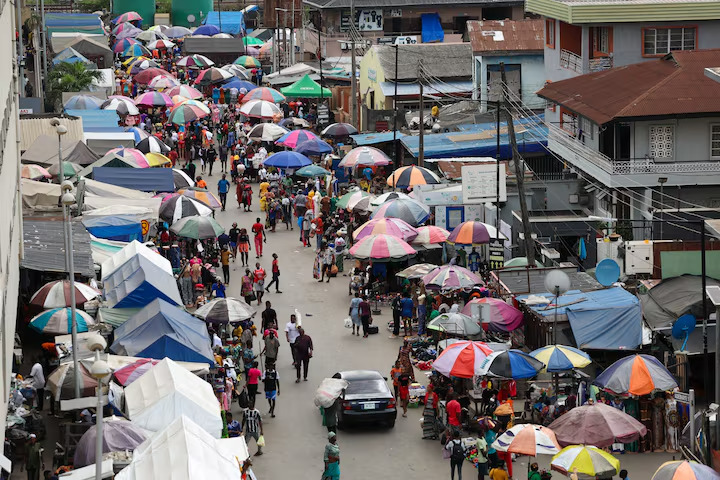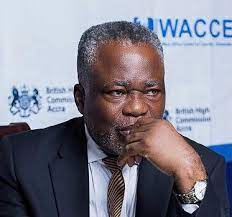Nigeria’s annual inflation rate eased in July to 21.88% from 22.22% in June, marking the fourth consecutive month of decline, according to data from the National Bureau of Statistics released on Friday.
The agency said the slowdown in inflation comes after it updated the base year for its calculations and reweighted the basket of goods and services used to gauge price trends. Inflation had previously surged to more than 34% last year before the rebasing.
Food inflation, which remains a major driver of the headline rate, climbed to 22.74% year-on-year in July, up from 21.97% recorded in June. Despite the headline inflation drop, rising food costs continue to weigh heavily on household budgets.
The Central Bank of Nigeria last month kept its monetary policy rate steady at 27.50% for the third time this year. The bank has pledged to maintain its current stance until inflationary pressures subside.
Central Bank Governor Olayemi Cardoso noted in July that while inflation was easing, “rate-setting decisions were based on the need to sustain disinflation.”

Central Bank Keeps Tight Monetary Policy
Nigeria’s economy in 2025 is showing signs of cautious recovery, with key indicators pointing to a delicate balance between growth, trade performance, and fiscal reforms.
The country’s Gross Domestic Product (GDP) expanded by 3.13% year-on-year in the first quarter of 2025, up from 2.27% in the same period last year. Projections indicate that the GDP growth rate could reach 3.4% by the end of the year, with moderate gains expected in subsequent years, suggesting a steady but modest economic expansion.
A major highlight is the trade balance, which posted a surplus of about 1.99 trillion NGN in March 2025. This improvement reflects stronger export performance, supported by both oil and non-oil sectors, and has boosted foreign exchange inflows that help stabilize the Nigerian naira. The surplus offers some cushion against external shocks and domestic fiscal pressures.
Government revenue generation has also picked up pace, aided by reforms aimed at expanding the tax base and improving collection efficiency. The administration’s fiscal strategy for 2025 targets deficit reduction through privatization and asset sales, while channeling funds into infrastructure, security, and agricultural reforms to boost food production and overall economic stability.
Growth Tempered By Living Standard Pressures
Despite the positive signs, economic pressures persist. GDP per capita fell sharply from $2,162.6 in 2022 to $1,621.1 in 2023, underscoring the strain on household incomes. Many Nigerians continue to face reduced purchasing power despite broader economic growth.
The 2025 budget has added 7.4 trillion NGN in new debt, although investor interest in Nigerian Eurobonds remains robust. Rising debt levels highlight the challenge of balancing fiscal expansion with sustainability.
Broader reforms remain focused on strengthening macroeconomic stability, improving the business environment, and tackling infrastructure bottlenecks in the power and transportation sectors seen as critical to sustaining long-term growth. Efforts to improve security and remove trade barriers aim to stimulate domestic production and boost competitiveness in global markets.
As the year progresses, Nigeria’s economy reflects a mixed picture: steady growth supported by trade gains and fiscal reforms, but tempered by high living costs and structural constraints. The path toward inclusive and sustained development will hinge on the government’s ability to consolidate gains while addressing persistent economic vulnerabilities.
READ ALSO: President Mahama Launches Children’s Support Fund for Helicopter Crash Victims


















